ERC Starting Grant: RECHARGE
Electrochemical energy storage is essential if we wish to increase the usage of intermittent energy sources such as windmills and solar panels. With intermittent energy sources it is crucial that energy can be stored to meet demand when production is too low. When targeting stationary storage with large capacity and long storage times, redox flow batteries stand out. However, in order to compete with other energy storage technologies several fundamental challenges remain to be resolved. Mass transport limitations, cell resistivities, pressure losses and slow kinetics still pose major barriers that result in unsatisfactory energy efficiencies and power densities.
In RECHARGE electrode morphology will be steered towards improved battery hydrodynamics, allowing to surpass state-of-the-art in terms of maximum attainable power density, diminished efficiency losses and enhanced energy capacity. The combination of targeting an in-depth understanding into how reagent, product and electrolyte transport is governed within the redox flow battery by using in operando characterisation and having perfect control over the electrode geometry and flow field design through advanced engineering approaches, will result in unprecedented control over the mass transport and reaction environment.
RECHARGE will demonstrate the impact of achieving perfect control over the hydrodynamic and electrochemical characteristics of a redox flow battery and can thus be considered as the first step towards a new generation of redox flow batteries that will completely redesign the electrode structure and fluid control strategies towards strongly improved battery efficiencies.
In RECHARGE electrode morphology will be steered towards improved battery hydrodynamics, allowing to surpass state-of-the-art in terms of maximum attainable power density, diminished efficiency losses and enhanced energy capacity. The combination of targeting an in-depth understanding into how reagent, product and electrolyte transport is governed within the redox flow battery by using in operando characterisation and having perfect control over the electrode geometry and flow field design through advanced engineering approaches, will result in unprecedented control over the mass transport and reaction environment.
RECHARGE will demonstrate the impact of achieving perfect control over the hydrodynamic and electrochemical characteristics of a redox flow battery and can thus be considered as the first step towards a new generation of redox flow batteries that will completely redesign the electrode structure and fluid control strategies towards strongly improved battery efficiencies.



